
Tag Archives Environment

Weather school: Conduction, convection and latent heat
It takes lots of heat to evaporate water, so it releases lots of heat when it condenses
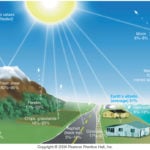
Weather school: Reflecting on albedo
Longer-range spring weather forecasts aren’t all in lockstep just yet
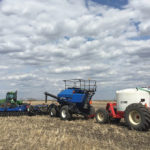
Private sector push will give farmers carbon opportunities
Companies like MacDonald’s and Maple Leaf foods will likely partner with farmers to offset emissions
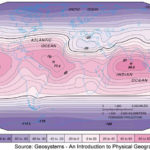
Weather school: Five reasons for the seasons
Earth is a spinning top tilted to one side – and is always tilted in the same direction
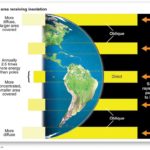
Weather school: Insolation and the solar constant
Equatorial regions get about 2.5 times more incoming solar energy than polar regions
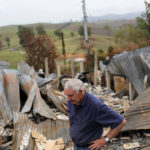
In fire-hit rural Australia, climate change debate burns deep
Per capita, Australia has one of the world’s highest carbon footprints
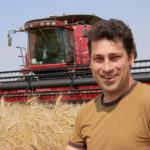
Farmer-led campaign to inform, lobby for climate solutions
Farmers for Climate Solutions wants any conversation on climate change to include agriculture
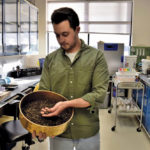
Regenerative ag finds a corporate champion
General Mills supports regenerative agriculture, but says it’s not about something to slap on its label

Room to GROW
Monitoring and evaluation of conservation projects, like those funded under the GROW Trust, have typically been underdeveloped, experts say

Like it or not, climate change will change your farm, say two experts
The growing season is already longer and extremes more common, say climatologist and crop specialist


